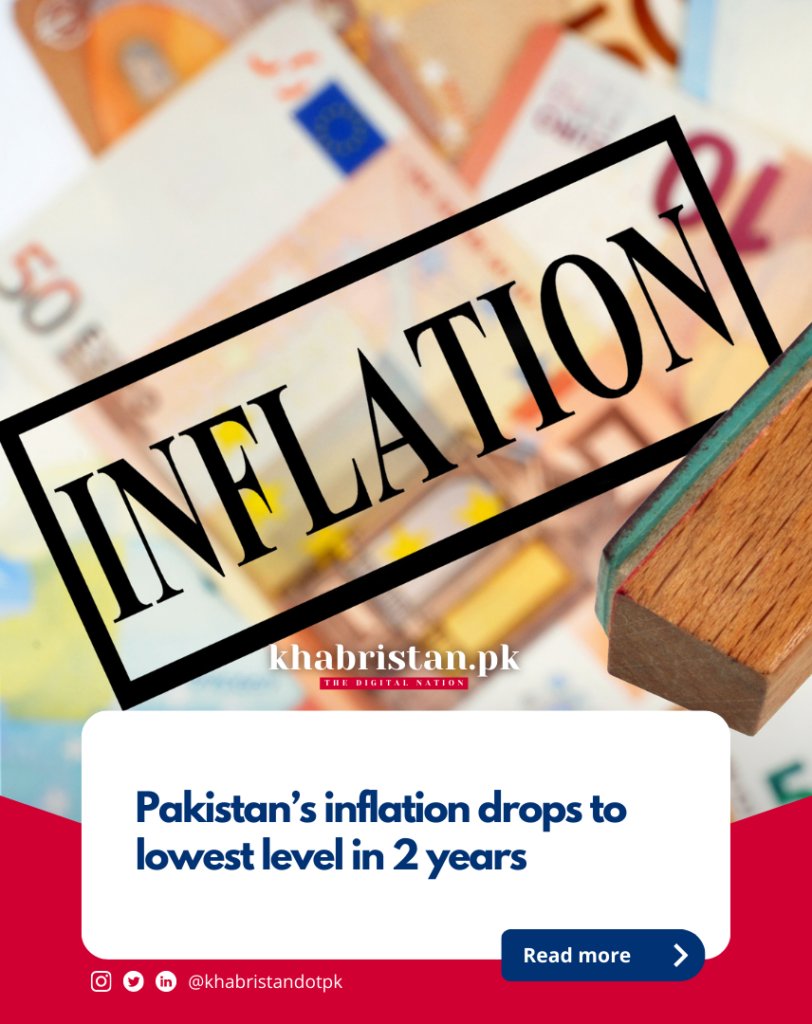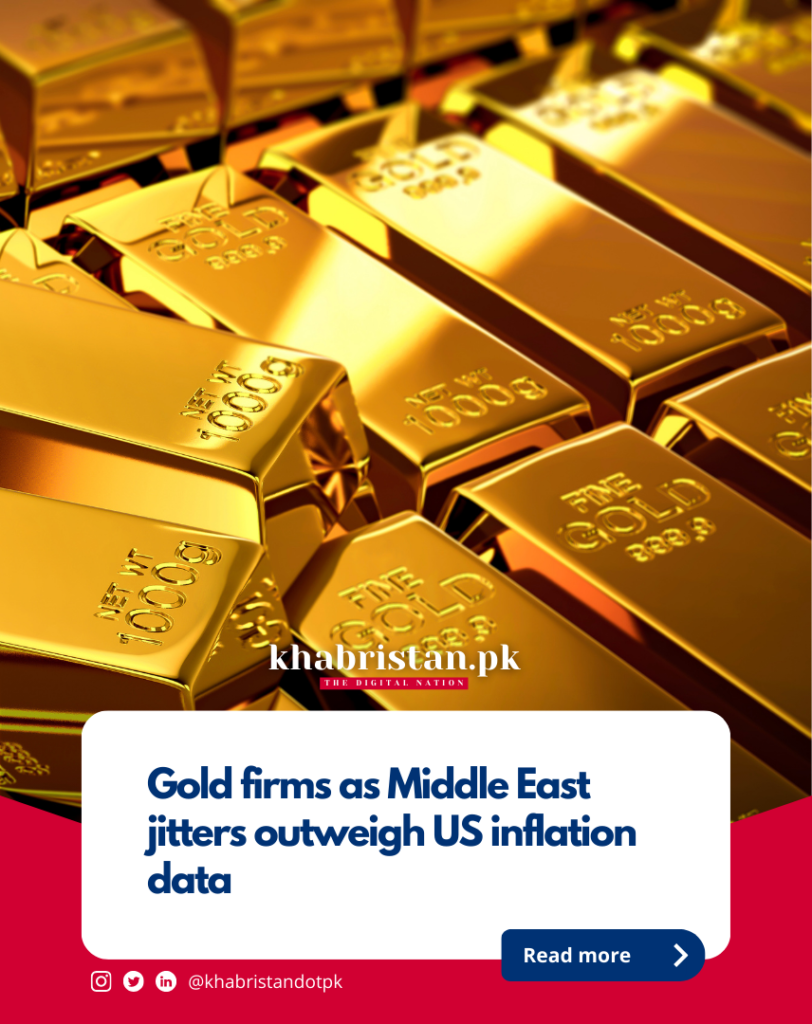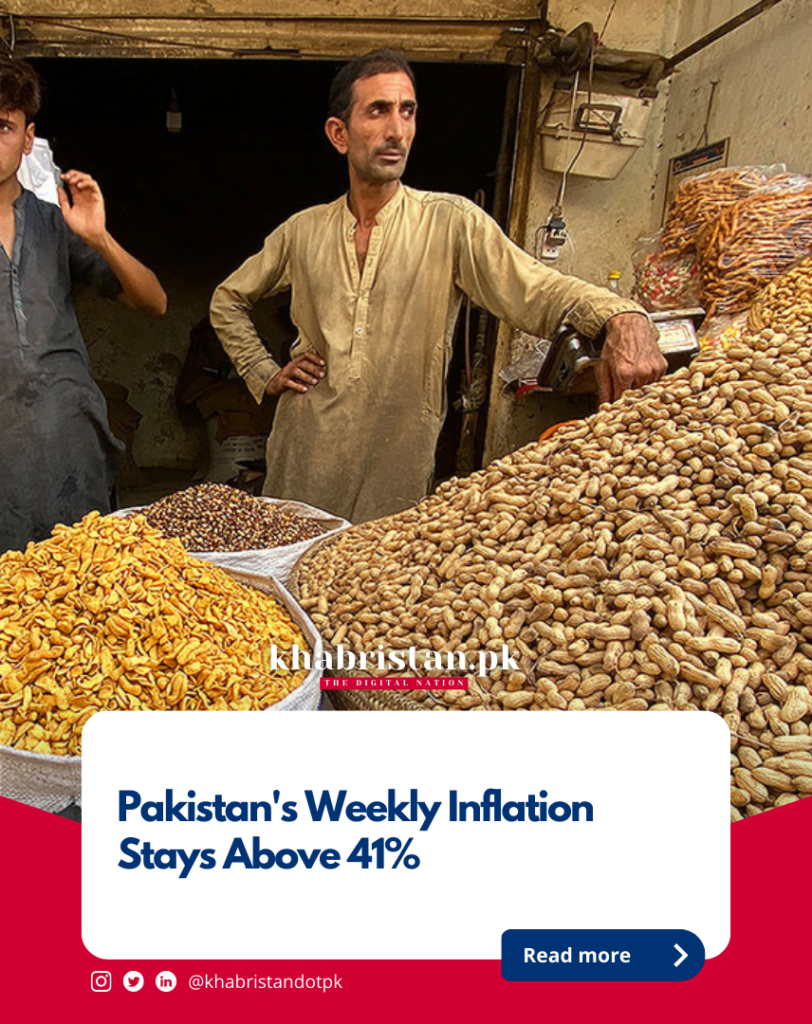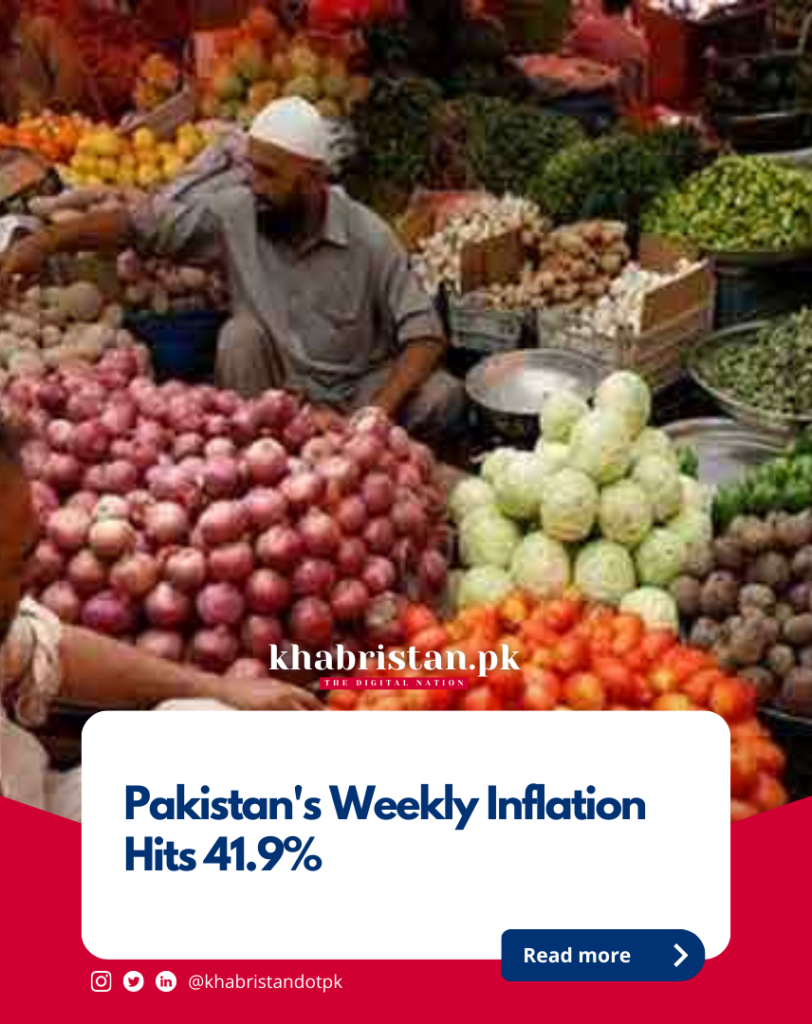Inflation rate to drop further in Pakistan
The Ministry of Finance's monthly economic report forecasts a further decrease in Pakistan's inflation rate, which is anticipated to range between 13.5% and 14.5% in May. The report highlights ongoing negotiations with the IMF for a new loan program, emphasizing its importance for stable policies and increased investment. Additionally, the report notes a 6.25% increase in agricultural production and emphasizes the importance of consistent policies for economic stability. Weekly inflation, as measured by the Sensitive Price Indicator, has seen a sixth consecutive decrease, with price fluctuations observed across various items.











